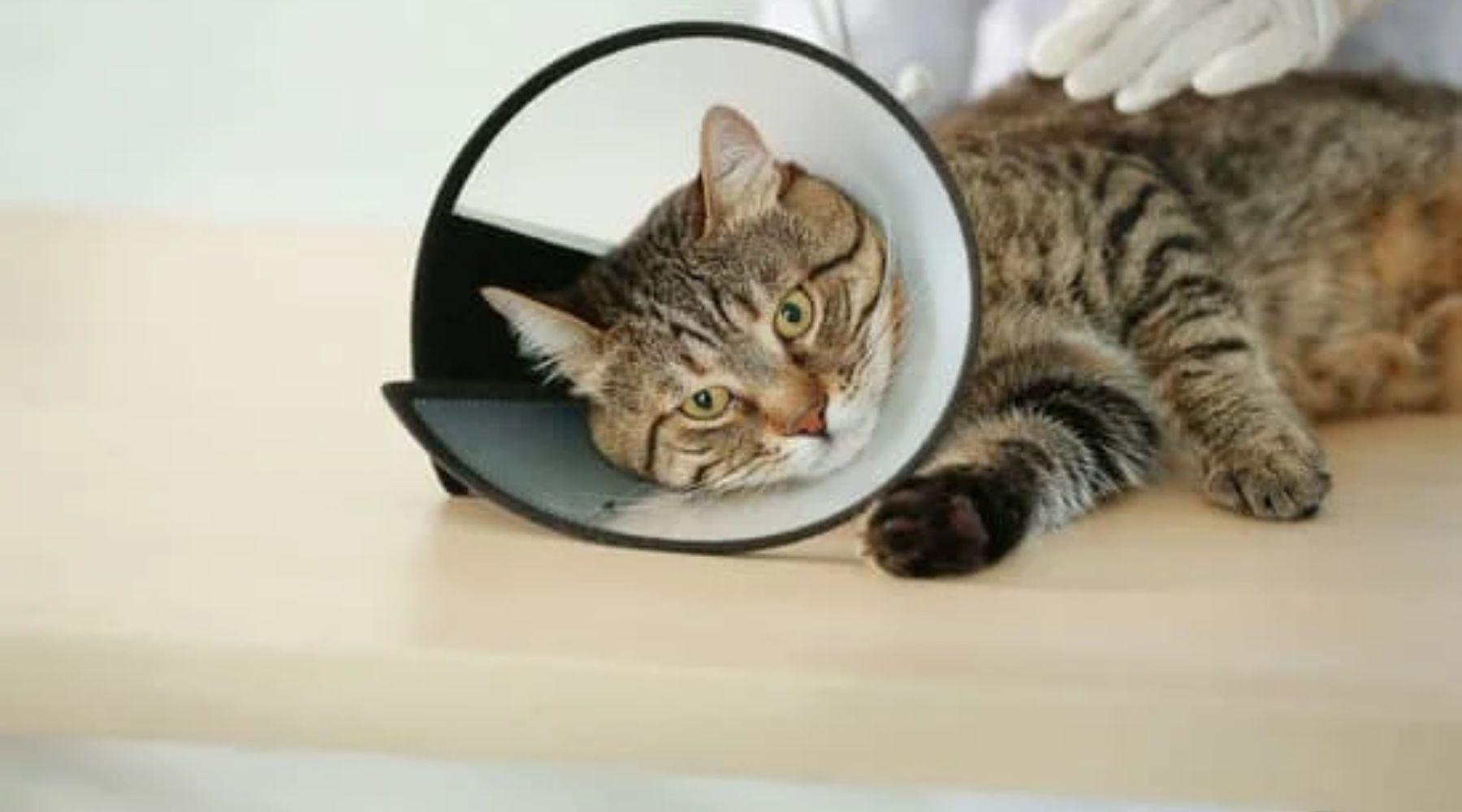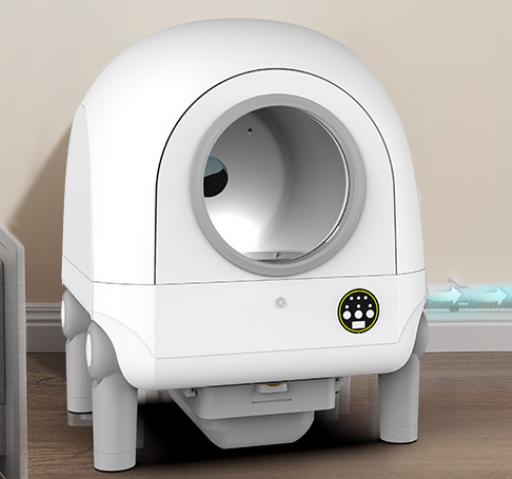Cats are notorious for their quirky behavior, but when they start sleeping in the automatic cat litter box, it’s time to pay attention. If your feline friend is spending an unusual amount of time in their litter box, there’s a reason behind it. Let’s dive into the possible explanations and solutions.
Is Illness the Culprit?
The first step is to rule out illness. Observe your cat’s overall behavior. Are they lethargic, not eating, or ignoring their favorite activities? If so, a trip to the vet is in order. Here are some common health issues that might cause your cat to sleep in the litter box.

Urinary Issues
Urinary problems, such as a UTI, bladder stones, or kidney disease, can cause your cat to seek comfort in the litter box. Symptoms might include frequent urination, straining, or discomfort while urinating.
Gastrointestinal Distress
Digestive problems like diarrhea, constipation, or inflammatory bowel disease (IBD) can also lead to this behavior. Your cat might feel the need to stay close to the box for immediate relief.

Mobility Problems
Arthritis, joint disease, or muscle trauma can make it difficult for your cat to move around comfortably. The litter box might become a convenient resting place because it’s easy to access.
Pregnancy in Cats
If your female cat isn’t spayed and spends a lot of time outside, she might be pregnant. Pregnant cats look for secluded, quiet places to give birth, and the litter box can seem like an ideal spot.
Preparing a Nesting Box
Create a safe, comfortable alternative for your pregnant cat. Line a box with clean, soft towels or blankets and place it near the litter box. Ensure food, water, and the litter box are nearby to encourage her to move to the new spot.

Anxiety and Stress
Cats are sensitive to changes in their environment. New pets, house guests, or even a home remodel can cause anxiety. This stress might drive them to seek solace in the litter box.
Adjustment Anxiety
During transitions, your cat might find the litter box to be a comforting, familiar place. To help them adjust, provide secluded, cozy spots throughout the house where they can feel safe.
Seeking Refuge
In chaotic environments, the litter box offers a sense of security. Like how we might retreat to a quiet room, cats retreat to places that smell familiar and feel safe.
Territorial Guarding
In homes with multiple cats, one cat might sleep in the litter box to claim it as their territory. This behavior could be a defensive move to ensure they have access to the box or an attempt to keep other cats away.
Environmental Adjustments
Add more litter boxes around the house to reduce territorial disputes. A good rule of thumb is to have one more litter box than the number of cats you have. For example, if you have three cats, provide four litter boxes.
Providing Alternative Spaces
Offer your cat a clean, comfortable alternative near the litter box. Sometimes, just providing a cozy, secluded space nearby is enough to coax them out of the litter box.
Preventing Future Issues
To keep your cat happy and healthy, maintain a clean, stress-free environment. Regular vet check-ups, a balanced diet, and plenty of attention can prevent many problems. Here are some tips to keep in mind:
Regular Vet Visits
- Clean Litter Boxes: Keep litter boxes clean to make them appealing for their intended use.
- Comfortable Spaces: Provide multiple cozy spots for your cat to relax.
- Stress Management: Minimize changes in your cat’s environment and introduce new pets or people gradually.
Conclusion
Cats sleeping in their litter box is unusual behavior that warrants investigation. Whether it’s due to illness, stress, or territorial issues, understanding the root cause is key to finding a solution. By providing comfortable alternatives and maintaining a peaceful environment, you can help your cat feel safe and secure.
FAQs
Q: Why is my cat suddenly sleeping in the litter box?
A: Sudden changes in behavior can indicate illness or stress. Monitor their overall health and environment for clues.
Q: Can anxiety cause my cat to sleep in the litter box?
A: Yes, anxiety and stress can drive cats to seek comfort in familiar, secluded spots like the litter box.
Q: Is it harmful for my cat to sleep in the litter box?
A: It’s not ideal as the litter box is unsanitary. Provide clean, comfortable alternatives to encourage them to move.
Q: How can I prevent territorial disputes over the litter box?
A: Add more litter boxes around the house and keep them clean to reduce competition.
Q: When should I take my cat to the vet for this behavior?
A: If your cat shows other signs of illness or if attempts to resolve the behavior fail, consult your vet.
